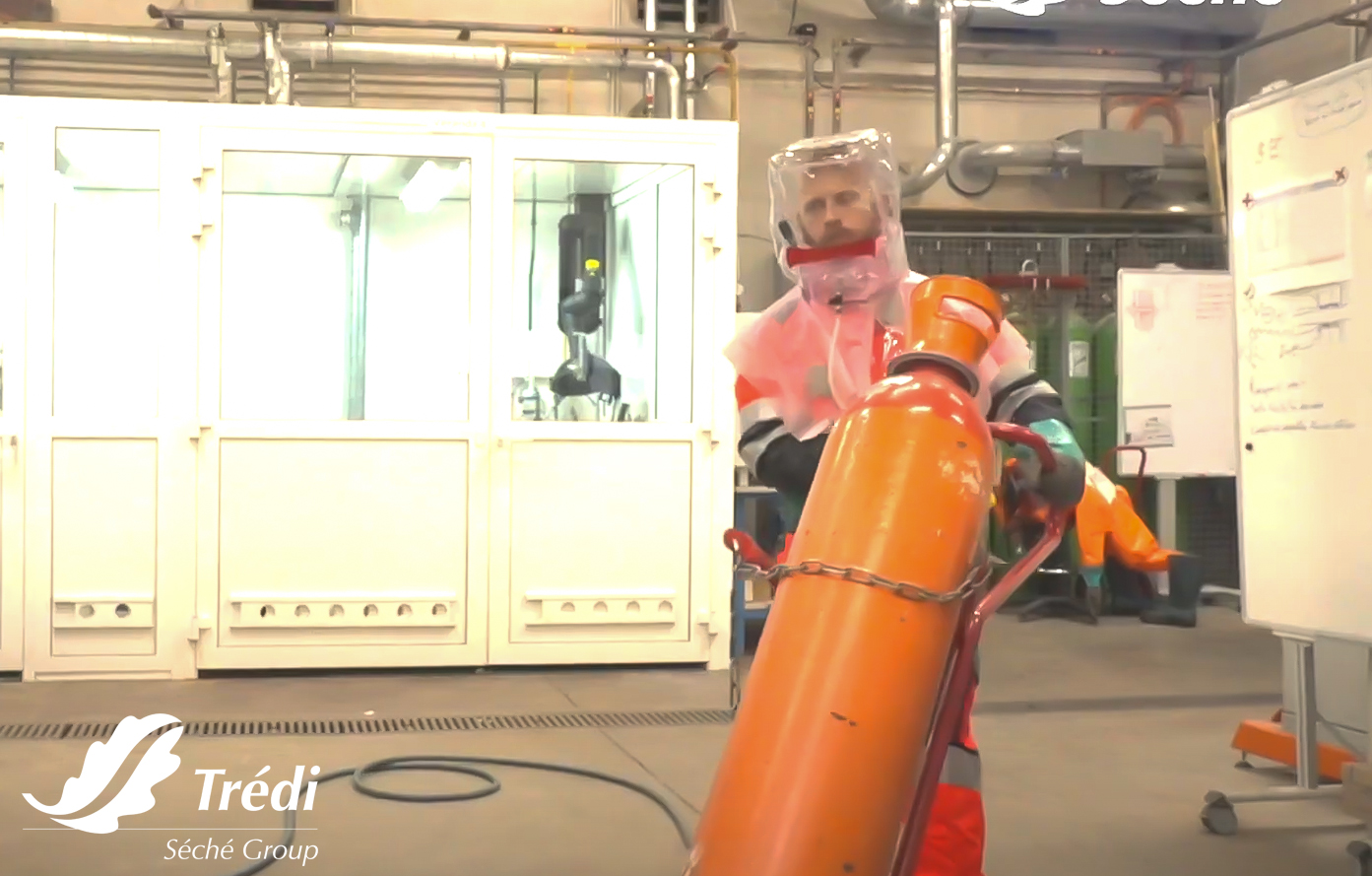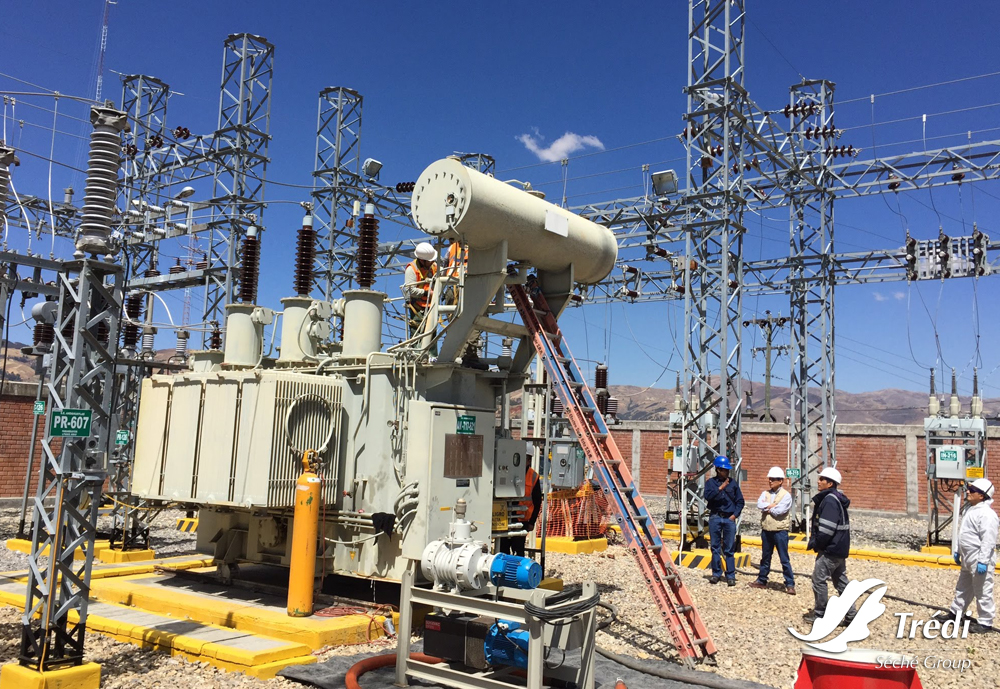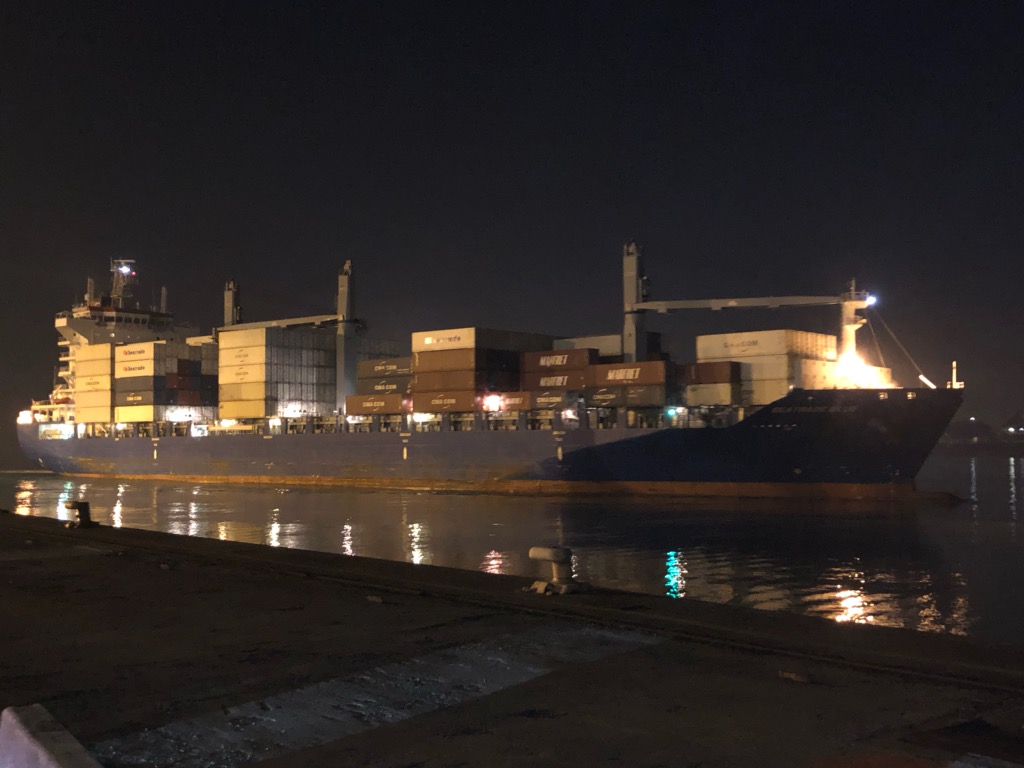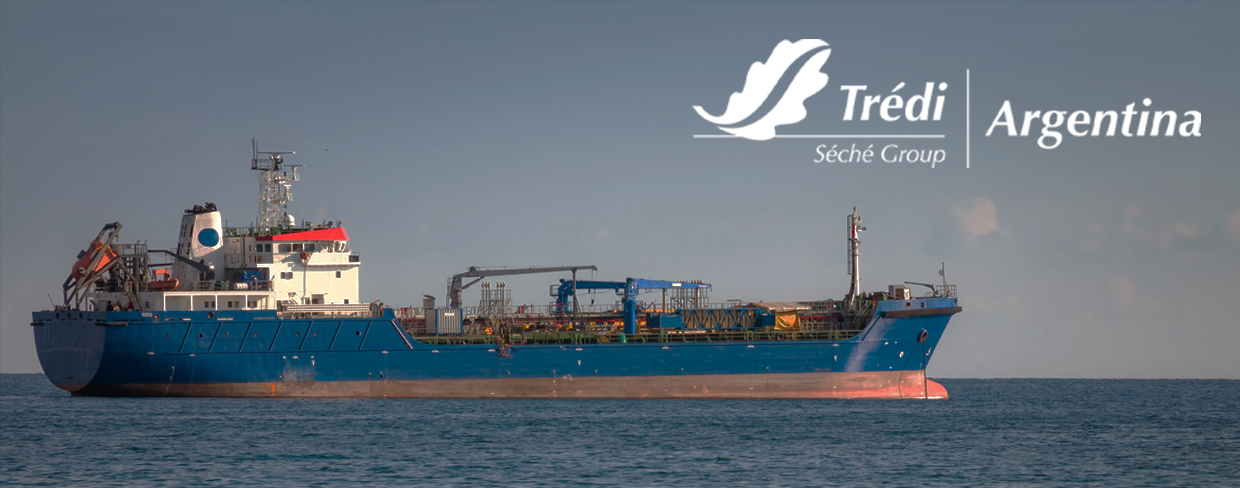
At Trédi Argentina, when we speak of our specialty in the management of hazardous waste, there is a recurring question about the “export of hazardous waste”: is the waste actually sent abroad for destruction, or is it dumped in the middle of the sea?
In the collective imagination, there is the idea that there is no control in the transboundary movement of waste that has no treatment in the country. To break this “myth”, Trédi Argentina we consulted a specialist in the subject, Dr. Leila Devia.
 Dr. Leila Devia is Director of the Regional Center for Training and Technology Transfer under the BASILEA Agreement; Director of the Environmental Law Center of the School of Law of the University of Buenos Aires (UBA). She has a PhD in Law from the University Of Salvador, a lawyer specialized in the legal regime of natural resources from the UBA, a postdoctoral degree from the UBA, and is a professor of Environmental Law at the UBA; Professor at the University of Belgrano, UADE, USAL, UNSAM, ITBA, UCEMA, Professor of the Doctorate at the UBA and the USAL, Head of the Legal System of Natural Resources at the School of Law of the UBA, Head of the Legal System of Natural Resources in the Franco-Argentinean career at the University of Salvador, Head Professor at the University of Belgrano. Visiting Professor at the University of Toulouse and the University of Paris X She has carried out postgraduate studies in the United States, Japan, and the Netherlands. Coordinator of Environmental Regulations at the National Institute of Industrial Technology. Author of numerous publications, including Climate Change (an Argentine perspective on international trade and forest management), co-author of The Bins in question, and coordinator of the book MERCOSUR and Environment. Expert reviewer for the United Nations Intergovernmental Panel on Climate Change.
Dr. Leila Devia is Director of the Regional Center for Training and Technology Transfer under the BASILEA Agreement; Director of the Environmental Law Center of the School of Law of the University of Buenos Aires (UBA). She has a PhD in Law from the University Of Salvador, a lawyer specialized in the legal regime of natural resources from the UBA, a postdoctoral degree from the UBA, and is a professor of Environmental Law at the UBA; Professor at the University of Belgrano, UADE, USAL, UNSAM, ITBA, UCEMA, Professor of the Doctorate at the UBA and the USAL, Head of the Legal System of Natural Resources at the School of Law of the UBA, Head of the Legal System of Natural Resources in the Franco-Argentinean career at the University of Salvador, Head Professor at the University of Belgrano. Visiting Professor at the University of Toulouse and the University of Paris X She has carried out postgraduate studies in the United States, Japan, and the Netherlands. Coordinator of Environmental Regulations at the National Institute of Industrial Technology. Author of numerous publications, including Climate Change (an Argentine perspective on international trade and forest management), co-author of The Bins in question, and coordinator of the book MERCOSUR and Environment. Expert reviewer for the United Nations Intergovernmental Panel on Climate Change.
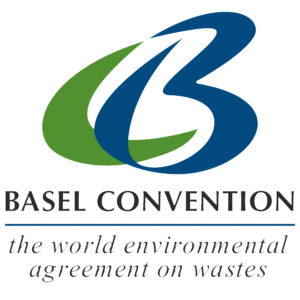 Dr. Leila Devia: The Basel Convention on the Control of Transboundary Movements and Disposal of Hazardous Wastes and Other Wastes, adopted in 1989 and in force in 1992, arose in response to concerns and worries about the behavior of some companies from developed countries that were dumping hazardous wastes in developing countries. In Argentina, the Convention came into force with the enactment of Law 23,922.
Dr. Leila Devia: The Basel Convention on the Control of Transboundary Movements and Disposal of Hazardous Wastes and Other Wastes, adopted in 1989 and in force in 1992, arose in response to concerns and worries about the behavior of some companies from developed countries that were dumping hazardous wastes in developing countries. In Argentina, the Convention came into force with the enactment of Law 23,922.
The Basel Convention is a Multilateral Agreement on the Environment through which 188 countries (up to date) within the United Nations system agreed to protect the environment and human health from the harmful effects caused by the generation, management, transboundary movements, and disposal of hazardous waste and other waste.
Dr. LD: Transboundary transport of hazardous waste attracted public attention in the 1980s. Some ships sailing from port to port trying to unload their toxic cargoes made headlines around the world. These incidents were largely motivated by the imposition of stricter environmental regulations in industrialized countries. As disposal costs increased, some generators of toxic waste began shipping hazardous waste to Africa, Eastern Europe and other regions. Once on the ground, such waste was dumped indiscriminately, accidentally spilled, or improperly managed, resulting in very serious environmental problems.
Dr. LD: A transboundary movement is any movement of hazardous wastes or other wastes from an area under the national jurisdiction of a State to an area under the national jurisdiction of another State, through that area, or to an area not under the national jurisdiction of any State, or through that area, as long as the movement involves at least two States.
Dr. LD:
“State of Export” means any Party from which a transboundary movement of hazardous or other wastes is planned or initiated.
“State of Import” means any Party to which a transboundary movement of hazardous wastes or other wastes is planned or takes place for the purpose of disposal therein or loading for disposal in an area outside its jurisdiction
“Transit State” means any State, other than the State of export or of the State of import, through which a movement of hazardous or other wastes is planned or takes place.
Dr. LD: The Objectives of the Convention are:
Dr. LD: The control exists but due to irregular situations, the social perception is that it is not rigorous. There is a need to raise awareness and sensitivity to these issues and to strengthen the effectiveness and efficiency of these controls.
